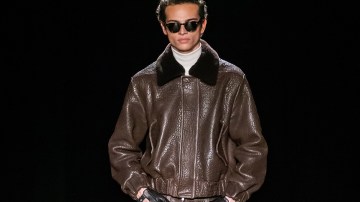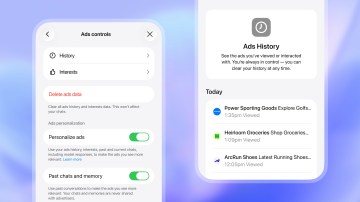When Facebook Shops was introduced last May, it was meant to be a tool for small businesses to sell products directly inside Facebook. But some larger brands are benefiting as well, finding that the platform is a useful showroom for their wares that drives people to their own stores to complete purchases.
Facebook allows merchants to use several different payment options, including PayPal and Shopify’s Shop Pay, but it also allows Facebook Shops to link out to third-party websites. Using this capability, brands are using their Shop as a top-of-funnel tool, rather than a place to transact despite Facebook’s encouragement to transact within its own apps.
“Facebook and Instagram Shops are good platforms to represent your brand, almost like a calling card or a mood board,” said Carlos Jorge, director of e-commerce at Fivestory, which retails luxury brands such as Missoni and Oliver Peoples. “But as a conversion platform, not so much.”
Less than 10% of Fivestory sales are generated by Facebook Shops, but up to 20% of monthly site visits come from Facebook, Jorge said.
Marketing services firm Eyeful has several fast-growing fashion clients with Facebook Shops integrated with Shopify. While each of the brands claims triple-digit, year-over-year sales growth on their own sites, one credits only a maximum 1.4% of traffic to their sites from Facebook.
While none of them have seen sales from Facebook yet this year, Eyeful’s clients still see value in keeping their Shops open. “The integration doesn’t cost anything to set up or take down,” said Ryne Higgins, senior director of digital strategy at Eyeful Media. “It’s easy to leave that line in the water, just in case.”
Completing a purchase in a social media app is still fairly new for consumers. According to a June 2020 eMarketer survey conducted by Bizrate Insights, 18.3% of US adults had bought something through Facebook in the past year, compared with 11.1% for Instagram. But 70.4% of respondents said they had not made a purchase through any social media platform that month.
That hasn’t stopped platforms from rushing to add more shopping features they hope will drive the behavior. Like other social platforms, Facebook has been adding products meant to drive commerce on its site, from Marketplace to livestream shopping to product tags in Instagram Reels.
In a Clubhouse discussion on March 18, Mark Zuckerberg said there are over 1 million active Facebook Shops, and more than 250 million people actively interacting with Shops every month.
But even with on-platform commerce still nascent, integrating with Facebook is just another way of being where their customers are. And that is still an alluring proposition.
“We have a celebrity client who is interested in social selling through Facebook and Instagram,” said Chris Erwin, founder of RockWater, a media consultancy. The celebrity has a large licensing business, with active social channels. Social selling will put them closer to potential customers (and their data).
Higgins says that brands set up on Facebook because of the low barrier to entry. “Most brands think it can at least bring in low-hanging fruit, easy sales. And if it doesn’t work, they move on to other things.”




